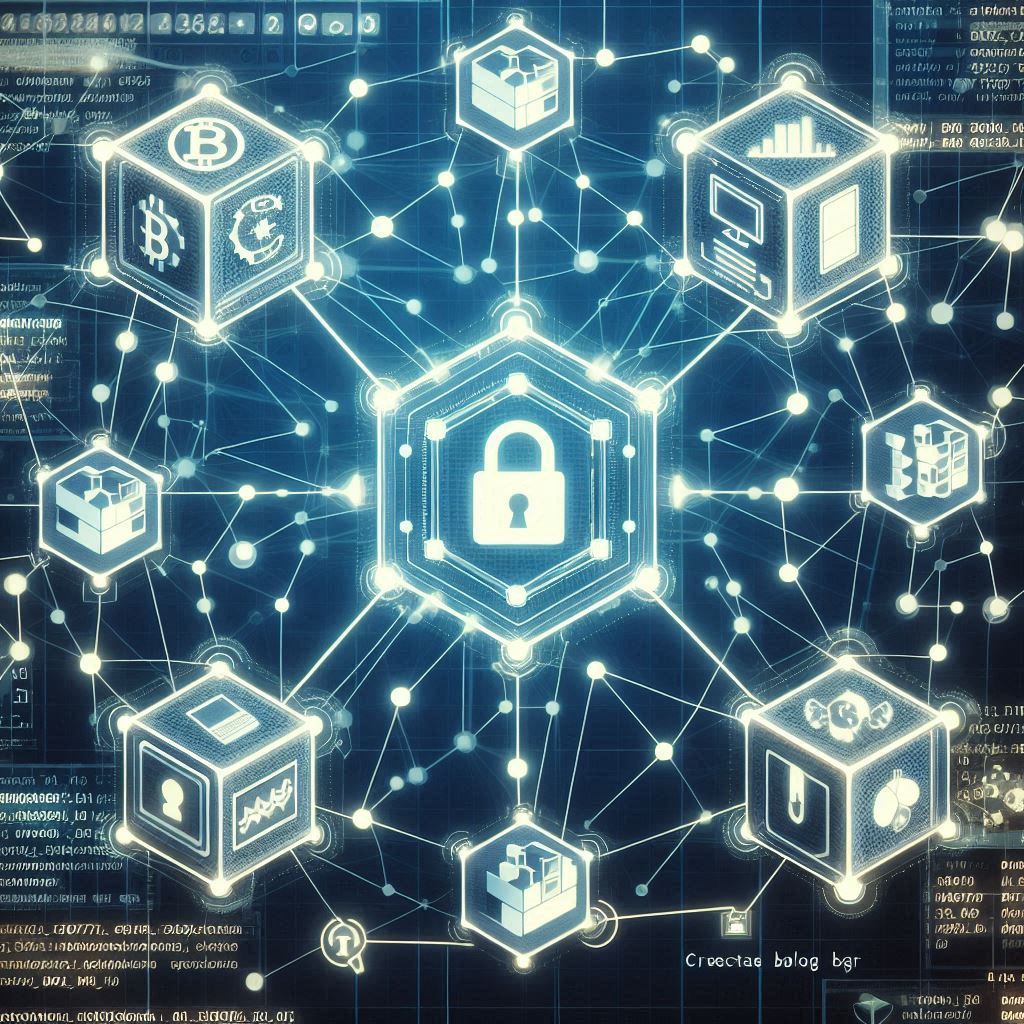Blockchain In Education: Ensuring Transparency And Security In Academic And Corporate Credentials
Published on: Dec. 2, 2024
Reading time:
3 minutes

AI generated image
In recent years, blockchain has emerged as one of the most disruptive technologies, with the potential to transform various sectors, including education. Although commonly associated with cryptocurrencies, blockchain offers an innovative solution for issuing and verifying academic and corporate credentials, providing a new level of transparency, security, and validity.
How Blockchain Works in Credential Issuance
Blockchain is essentially a decentralized digital ledger where all transactions and records are stored in “blocks” that are interconnected in an immutable chain. Applied to credential issuance, it allows educational and corporate institutions to issue credentials securely and permanently.
Each digital certificate includes information such as the holder’s name, the issuance date, the institution’s name, and the details of the completed course or program. Once registered, this certificate cannot be altered or forged, ensuring its authenticity. Furthermore, anyone, including employers and institutions, can verify the validity of the certificate in real time by accessing the blockchain record.
Benefits of Blockchain in Education
One of the primary benefits of blockchain in education is the assurance of transparency. In a world where diploma and certificate forgery is an increasing concern, blockchain offers a reliable solution in which credentials are immutable and verifiable.
Additionally, blockchain’s security is unmatched: since records are distributed across a network of computers, there is no single point of failure, making it highly resistant to fraud and cyber-attacks. This is especially important in educational and corporate environments, where the integrity of credentials is critical.
Transforming Credential Recognition
Blockchain’s impact on credential recognition extends beyond security and transparency; it has the potential to transform how diplomas and certificates are accepted and valued in the marketplace. With a standardized and reliable credentialing system, blockchain facilitates the recognition of qualifications across institutions and countries, fostering academic and professional mobility.
Challenges and Considerations
While the potential of blockchain in education is enormous, challenges remain. Adopting this technology requires investment in infrastructure and training for professionals to manage it effectively. Additionally, establishing certification standards and clear regulations is essential for broad blockchain adoption.
Another challenge is privacy: while blockchain offers security, it is crucial to ensure that students’ and professionals’ personal data are protected, with only necessary information shared publicly.
Blockchain represents a revolution in how academic and corporate credentials are issued and verified. With its ability to ensure transparency, security, and validity, this technology has the potential to transform education and the job market, creating an ecosystem where qualifications are recognized more efficiently and reliably.
Share post:
Return to blog


